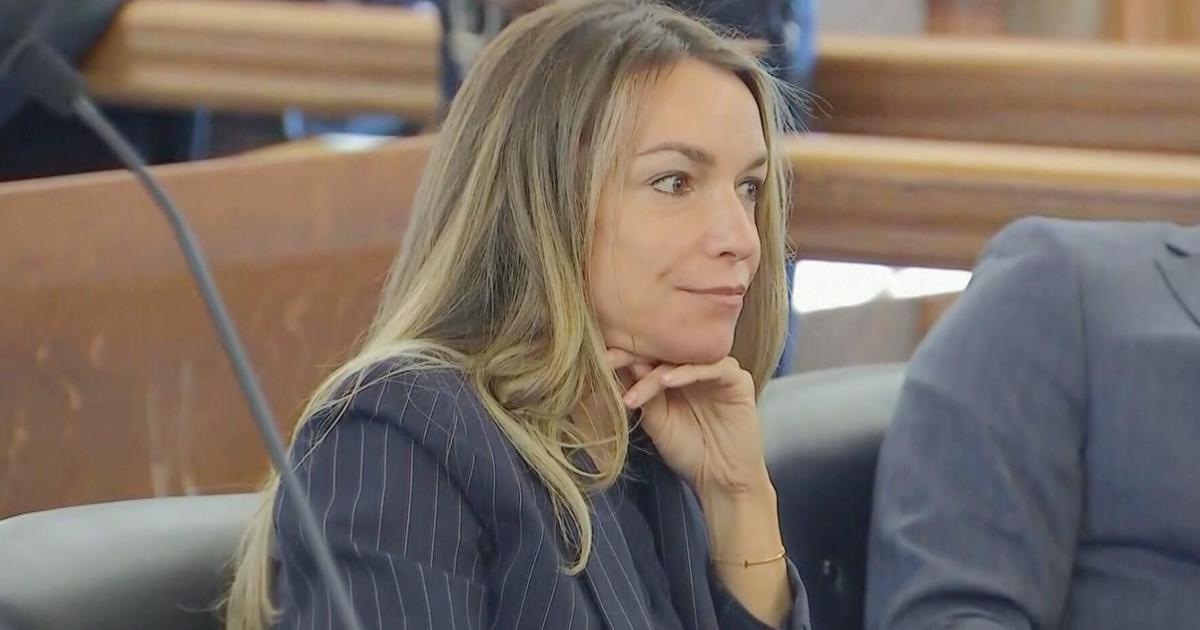Increased Marriage Age Law Takes Effect Jan. 1 In New Hampshire
CONCORD, N.H. (AP) — A new law raising the marriage age in New Hampshire was a victory for one incoming state representative before she even considered running for office.
Starting Tuesday, the state's minimum marriage age will be 16, up from 13 for girls and 14 for boys. The bill was championed by Cassie Levesque, who was a senior in high school in 2017 when she began her push to raise the marriage age as part of a Girl Scouts project.
Her first attempt failed, but her second effort succeeded in 2018. The experience inspired her to run for the state Legislature, and she won a seat in the House in November. Now 19, she said she plans to revisit the marriage age issue to get it bumped up to 18.
"Whether I was a representative or not, I knew I was going to raise it to 18," she said. "I just have to keep fighting and making sure we give kids an opportunity to be kids, and let them grow up and experience things before they make that decision."
Levesque, a Democrat from Barrington, is the second-youngest state lawmaker this session; she's 12 days older than Rep. Dennis Ruprecht, D-Landaff. She'd initially brushed off the suggestion that she run for the House, in part because she didn't want it to interfere with her online college courses and role as Girl Scout leader, and because she doesn't drive. But other lawmakers quickly offered to give her rides to and from Concord, and she felt encouraged by the support.
"All the cons started turning into pros," she said.
Another marriage-related bill also takes effect Jan. 1. It states that judges shall not sign off on marriages involving a person under the age of consent unless there is clear and convincing evidence the marriage is in the child's best interest. Other new laws taking effect with the new year include:
— Key changes to New Hampshire's expanded Medicaid program: The program previously used Medicaid funds to purchase private health plans for low-income residents, but in reauthorizing the program for another five years, lawmakers decided to change its structure to a more cost-effective managed care model. The plan also imposes new work requirements on enrollees and use 5 percent of liquor revenues to cover the state's cost as federal funding decreases.
— A ban on therapy that attempts to change the sexual orientation or gender identity of minors: Opponents argued there was no evidence such therapy happens in the state, and that state licensing boards already have the authority to regulate and discipline any practitioner who uses coercive tactics. Supporters of the new law said the therapy is inappropriate, ineffective and harmful. A similar measure failed in 2016.
— A $100,000 death benefit for surviving family members of teachers and other school employees killed in the line of duty: While there have been no mass shootings in New Hampshire schools, supporters argued that such incidents elsewhere have turned teachers into first responders, and they deserve the same death benefits given to police officers and firefighters. The $100,000 would be on top of whatever other retirement benefits the employee had earned.
— A ban on wildlife trafficking: The law prohibits the trade of products derived from protected species, such as elephant ivory and rhino horns. Such trafficking is already outlawed between states; individual states control trade within their borders.
— Reductions to the Business Profits Tax and Business Enterprise Tax: The profits tax will drop by 2.5 percent, while the enterprise tax will drop 11 percent. Republican Gov. Chris Sununu says the cuts will help continue moving the state's economy in the right direction, and he will push for further reductions in future years.
(© Copyright 2018 The Associated Press. All Rights Reserved. This material may not be published, broadcast, rewritten or redistributed.)



